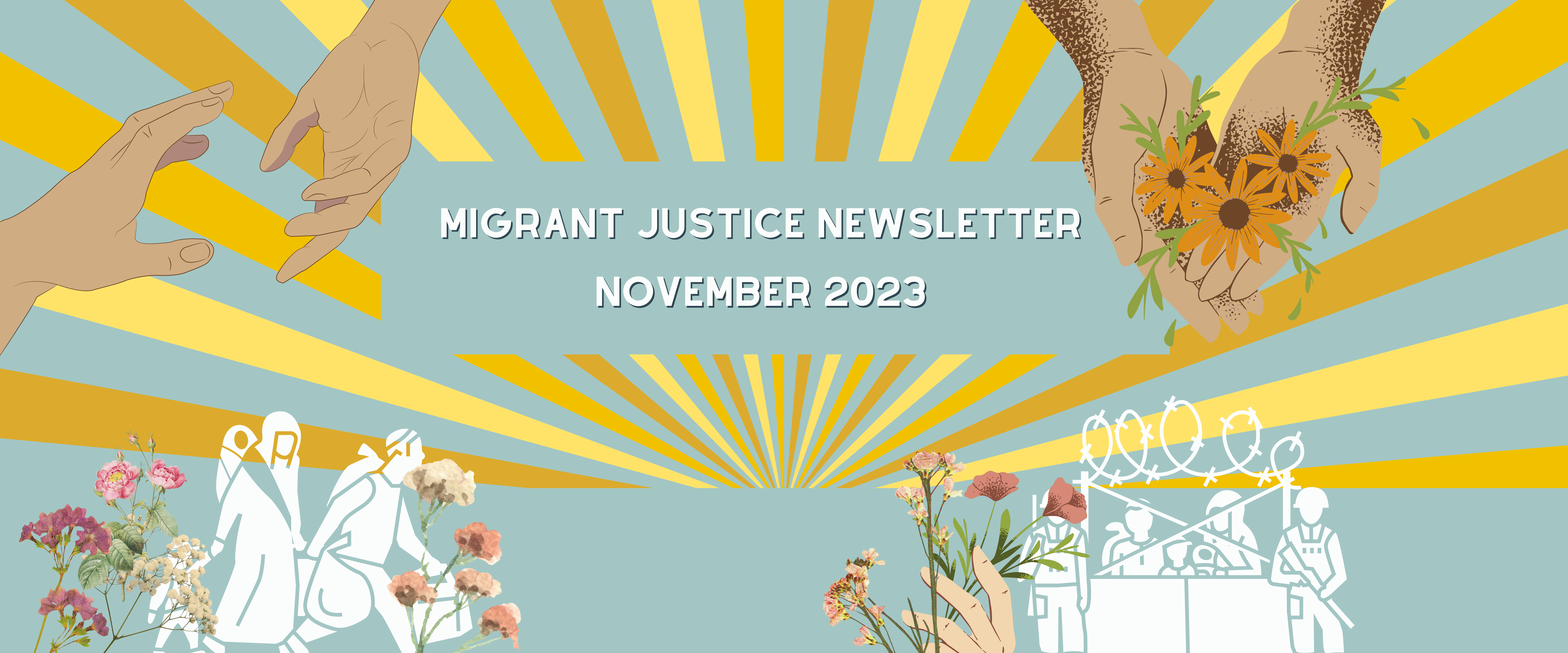Amnesty International declared that El Salvador is undergoing a severe human rights crisis, attributing it to President Nayib Bukele's aggressive anti-gang measures. The report alleges that the approximately 74,000 individuals detained in the crackdown faced "systematic use of torture and other mistreatment." The Americas director for Amnesty International, Ana Piquer, expressed deep concern over the documented deterioration in human rights, linking it to Bukele's repressive security policy and the erosion of the rule of law. The report, based on 83 interviews, highlighted instances of abuse, while former inmates, interviewed by The Associated Press, recounted severe beatings by prison guards. Critics argue that Bukele's broad sweep in detaining suspected gang members has ensnared individuals based on factors like low-wage jobs, limited education, or place of residence. Local rights groups claim 327 people are missing, and at least 190 have died due to the crackdown. Despite the controversial policy's success in reducing the homicide rate and boosting Bukele's popularity, he aims to seek re-election, challenging a constitutional prohibition.
- Home
- About Us
- Issues
- Countries
- Rapid Response Network
- Young Adults
- Get Involved
- Calendar
- Donate
- Blog

